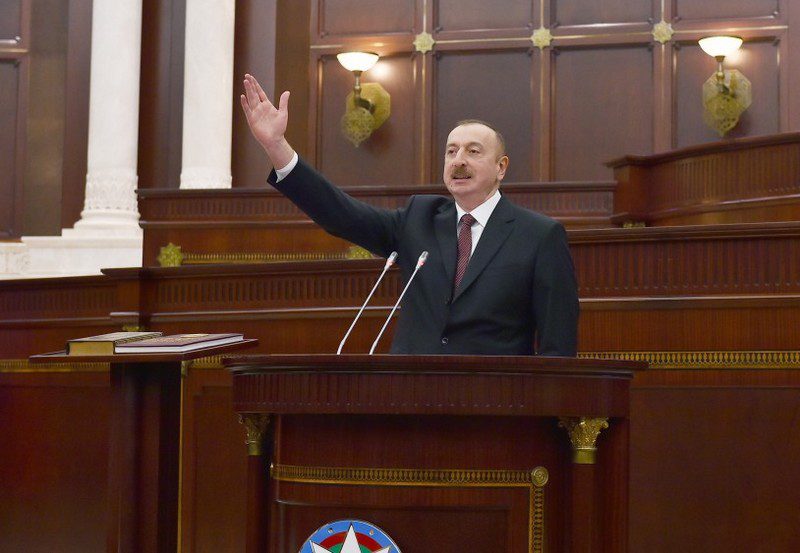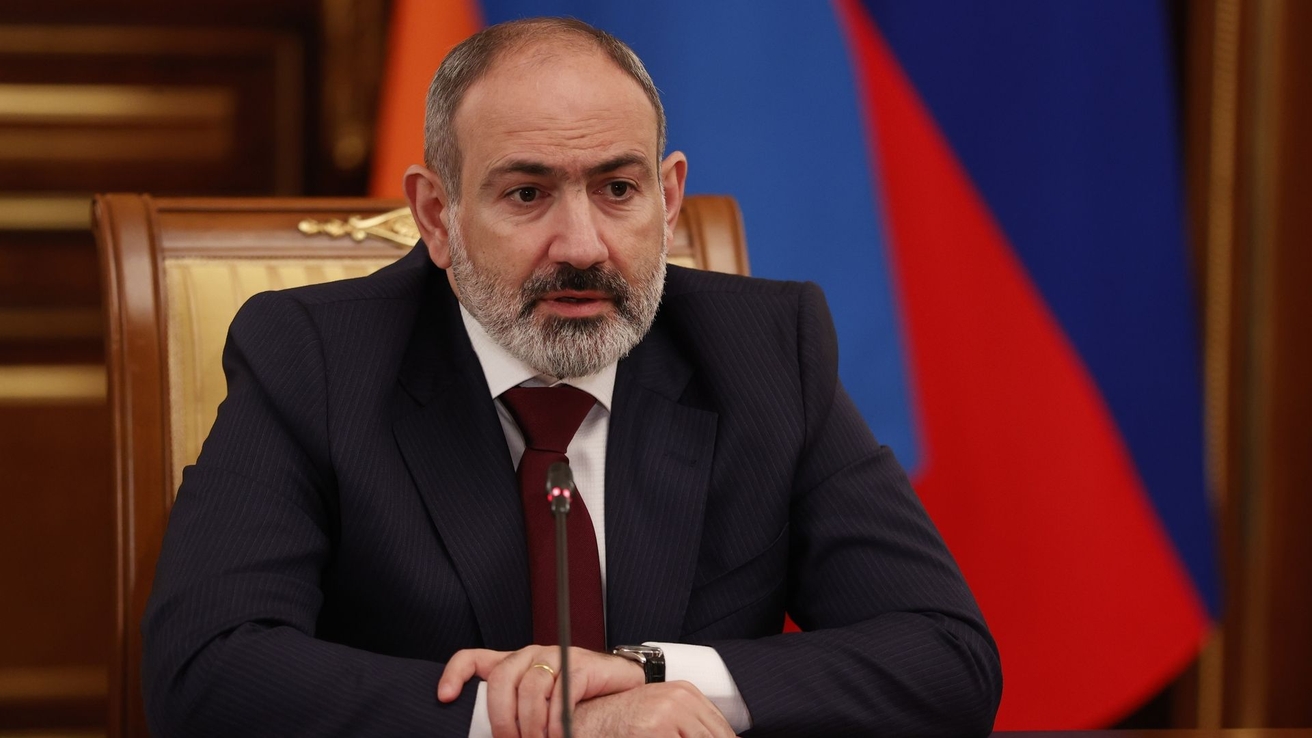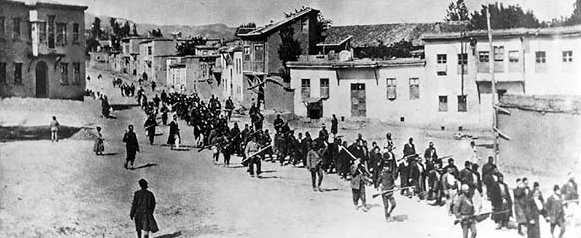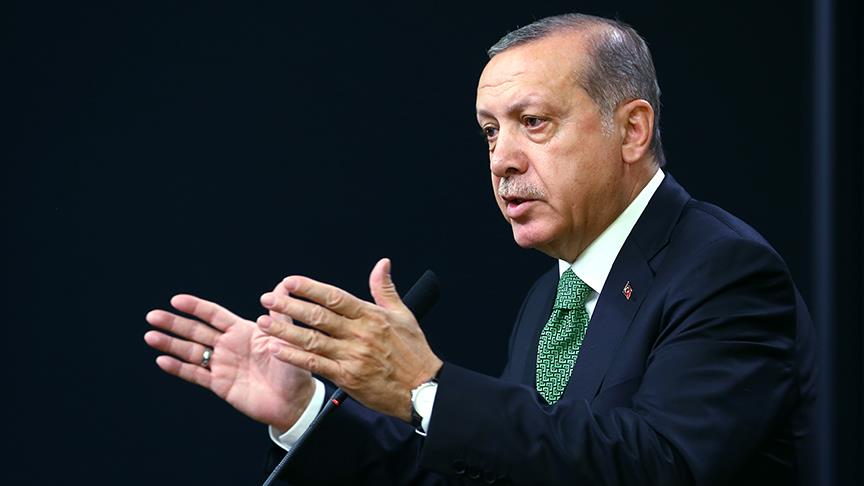Over the years, there have been several reports exposing the billions of dollars that Azerbaijan’s ruling Aliyev family has embezzled from the state coffers and the large amount of bribes the government has given to various European and U.S. officials.
It is, therefore, not surprising that the next week’s COP29 Climate Summit in Baku is another example of how the ruling elite takes advantage of every opportunity to line its pockets.
The OCCRP (Organized Crime and Corruption Reporting Project) exposed Azerbaijan’s scandalous actions titled: “‘Official Partners’ of Azerbaijan’s COP29 Climate Summit Linked to Ruling Aliyev Family and Their Inner Circle… Everywhere this year’s international visitors in Baku look, they’ll see companies that have been linked to the family of Azerbaijan’s authoritarian president, Ilham Aliyev.” This extensive report was written by James Dowsett, Kelly Bloss, Fatima Karimova, and Eli Moskowitz.
OCCRP described Azerbaijan as “the most authoritarian country to ever host the event…. Whether it’s mining, banking, hospitality, or construction, there is hardly a major industry in Azerbaijan” that the ruling Aliyev family has not dominated. “As a result, the Aliyevs and their inner circle have built up staggering wealth, much of it held overseas or tied up in property abroad. Even the president’s 11-year-old son owned a London office building.”
Here are the links between the inner circle of the family of President Ilham Aliyev and the ‘official partners’ of the Climate Summit:
1) “Pres. Aliyev’s daughter’s ex-husband [Emin Agalarov]… won a $5.2-million government contract [without any competitive tender process] to host 5,000 COP29 guests at his luxurious Sea Breeze Resort on the Caspian Sea.” The guests “will stay in ultra-luxurious rooms… with access to a seven-kilometer-long beach, over 50 bars and restaurants, and 60 swimming pools.” The six Azeri journalists who exposed this arrangement are now sitting in a Baku jail.
2) “PASHA Holdings, one of the biggest companies in Azerbaijan, owns many of the host city’s top hotels and has extensive interests in tourism, construction, insurance, and banking. PASHA belongs to Aliyev’s two adult daughters [Leyla and Arzu[.” The company’s deputy board chairman, Mir Jamal Pashayev “is a cousin of Azerbaijan’s first lady and vice president Mehriban Aliyeva.”
3) “Azersun Holding… is chaired by [Abdolbari Gozal] the uncle of [Hassan Gozel] who set up three companies in the British Virgin Islands for the Aliyeva sisters.”
4) “Silk Way West Airlines… is responsible for transporting materials and supplies to the conference. It’s owned by a former state official, but has been previously linked to one of the Aliyeva daughters through a sister company, Silk Way Bank…. The airline is ultimately owned by a former state official, Zaur Akhundov, but it has also been linked to the first family in the past through a sister company: A 2010 investigation by Radio Free Europe found that Arzu Aliyeva, the president’s younger daughter, was one of three owners of Silk Way Bank, the former financial arm of Silk Way Group, which the airline is also part of.”
5) “GILTEX, a firm that controls nearly three quarters of the local textile market and until last year was part of a conglomerate [Gilan Holding] in which the president’s daughters held a majority stake [alongside the children of Kamaladdin Heydarov, Azerbaijan’s Emergency Situations Minister. Heydarov is also a member of the COP29 organizing committee]. Gilan Holding was liquidated in 2023.”
6) “SOCAR Green… is a subsidiary of Azerbaijan’s state oil company, SOCAR, which plays an outsized role in the oil-producing nation’s economy.”
7) Bank ABB, “rebranded in 2021, but under its former name, the International Bank of Azerbaijan, made unflattering headlines for the central role it played in the $2.9-billion money laundering scandal known as the Azerbaijani Laundromat. An account at the bank was used as a key conduit for moving a large portion of these funds. The bank’s former chairman was jailed in 2016 for stealing almost $3 billion from the institution. His wife, who lived in the U.K., was later served with the country’s first-ever ‘unexplained wealth order,’ with British authorities demanding that she prove her vast wealth had a legal origin. She later agreed to forfeit a $17.8-million mansion and a golf club to the British state.”
OCCRP further stated that it “has been reporting on Azerbaijan — and exposing corruption, human rights abuses, and self-dealing — for over a decade.” Here are the highlights of some of the reports:
1) “How the ruling Aliyev family profited from a currency collapse, how it sought to buy Kyrygz gold fields, and how it appeared to siphon off a staggering $1 billion from the acquisition of a telecom company.”
2) “A 2016 investigation from data in the Panama Papers that revealed how the [Aliyev] family used offshore structures and multiple layers of ownership to secretly hold a fortune.”
3) “The jailing earlier this year of a group of independent journalists on trumped-up charges ahead of February’s presidential election.”
4) “How American lobbyists have promoted and taken money from the regime, and how the ‘Azerbaijani Laundromat’ was used to funnel billions of dollars out of the country on behalf of its elite.”






